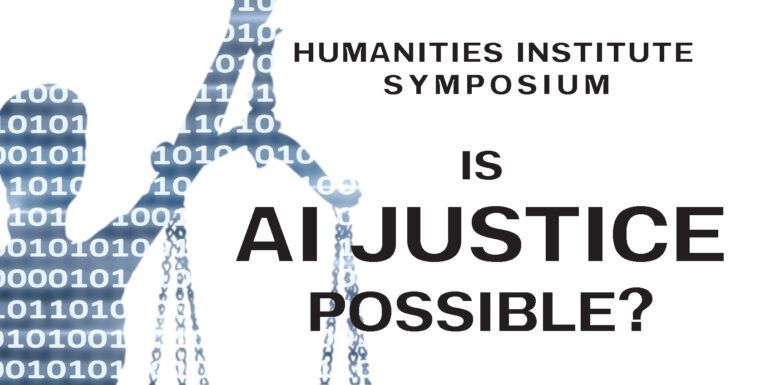TL;DR:
- Symposium at The Ohio State University explores AI’s future and ethical concerns.
- Theme: “Is AI Justice Possible?” examined AI in environmental science, criminal justice, and the arts.
- Interdisciplinary collaboration fosters diverse perspectives.
- Roman Yampolskiy emphasizes the need for AI safeguards.
- Wai Chee Dimock highlights AI’s positive role in environmental protection.
- AI-powered technology aids the monitoring of coral reefs.
- Mathias Risse discusses AI’s rise and ethical questions.
- Philosophical debate on AI’s consciousness and rights.
Main AI News:
In a dynamic gathering of thought leaders and experts hailing from diverse fields across the nation, The Ohio State University hosted a seminal symposium on September 22. Under the compelling theme “Is AI Justice Possible?” this intellectual conclave delved into the profound implications of artificial intelligence (AI) and the ethical quandaries it evokes.
Organized by Ohio State’s Humanities Institute and the College of Arts and Sciences, this symposium represents a collaborative initiative, fusing engineering with arts and humanities, aimed at fostering a holistic understanding of AI’s transformative potential. Barry Shank, the Humanities Institute director, emphasized the paramount goal of this project, highlighting the synergy of different perspectives and the exploration of commonalities and divergences.
One prominent voice resonating at the symposium was that of Roman Yampolskiy, an associate professor of computer engineering and computer science at the University of Louisville. Yampolskiy articulated the necessity of striking a balance between the promising AI advancements and the imperatives of safeguarding individual privacy, job security, and personal safety. He cautioned against the unchecked proliferation of “smarter-than-us machines,” a potential scenario fraught with challenges.
Yet, amid these challenges, the symposium spotlighted the myriad constructive applications of AI. Wai Chee Dimock, professor emeritus of American Studies and English at Yale University, underscored AI’s role in advancing environmental science. She highlighted how AI can be a powerful ally for both non-human ecosystems and human communities, particularly Indigenous ones. A notable example she shared was the collaboration between the Indigenous Tembé tribe in Brazil and the San Francisco nonprofit Rainforest Connection, which employs upcycled cell phones to combat illegal logging in the Amazon rainforest.
Dimock further revealed groundbreaking AI-powered technology developed by Cornell University and the University of Hawaii. This innovation is deployed to monitor the health of heat-resistant coral reefs transplanted in Mo’orea, French Polynesia. She emphasized that AI and power sensors are superior to humans in analyzing vast datasets, making them invaluable in remote coral reef monitoring.
Adding a philosophical dimension to the symposium, Mathias Risse, director of Harvard University’s Carr Center for Human Rights Policy, ignited a discourse on AI’s rapid ascent and the possibility of it attaining consciousness akin to humans. Central to this debate is the question of whether AI should be entitled to the same rights as humans, including the freedom to choose their pursuits. Risse described this era as a captivating moment for philosophers, marked by a newfound urgency surrounding the implications of artificial intelligence.
In the crucible of this symposium, these intellectual luminaries contemplated the dual nature of AI: a potent force for progress, yet a harbinger of profound ethical questions. As AI continues to shape our world, the conversations sparked here will undoubtedly reverberate through the corridors of academia, industry, and policy-making, guiding us toward a future where AI serves as a just and ethical force for the betterment of society.
Conclusion:
The AI symposium at Ohio State University underscores the pressing need for ethical considerations in AI development. While AI promises transformative potential in various fields, it must be balanced with safeguards to protect individuals and communities. This emphasis on ethics and responsible AI will likely influence the market by promoting the development of AI technologies that prioritize privacy, safety, and social responsibility, aligning with evolving ethical standards. Businesses in the AI sector should be prepared to adapt to these changing dynamics and align their products and services with ethical principles to remain competitive and socially responsible.

